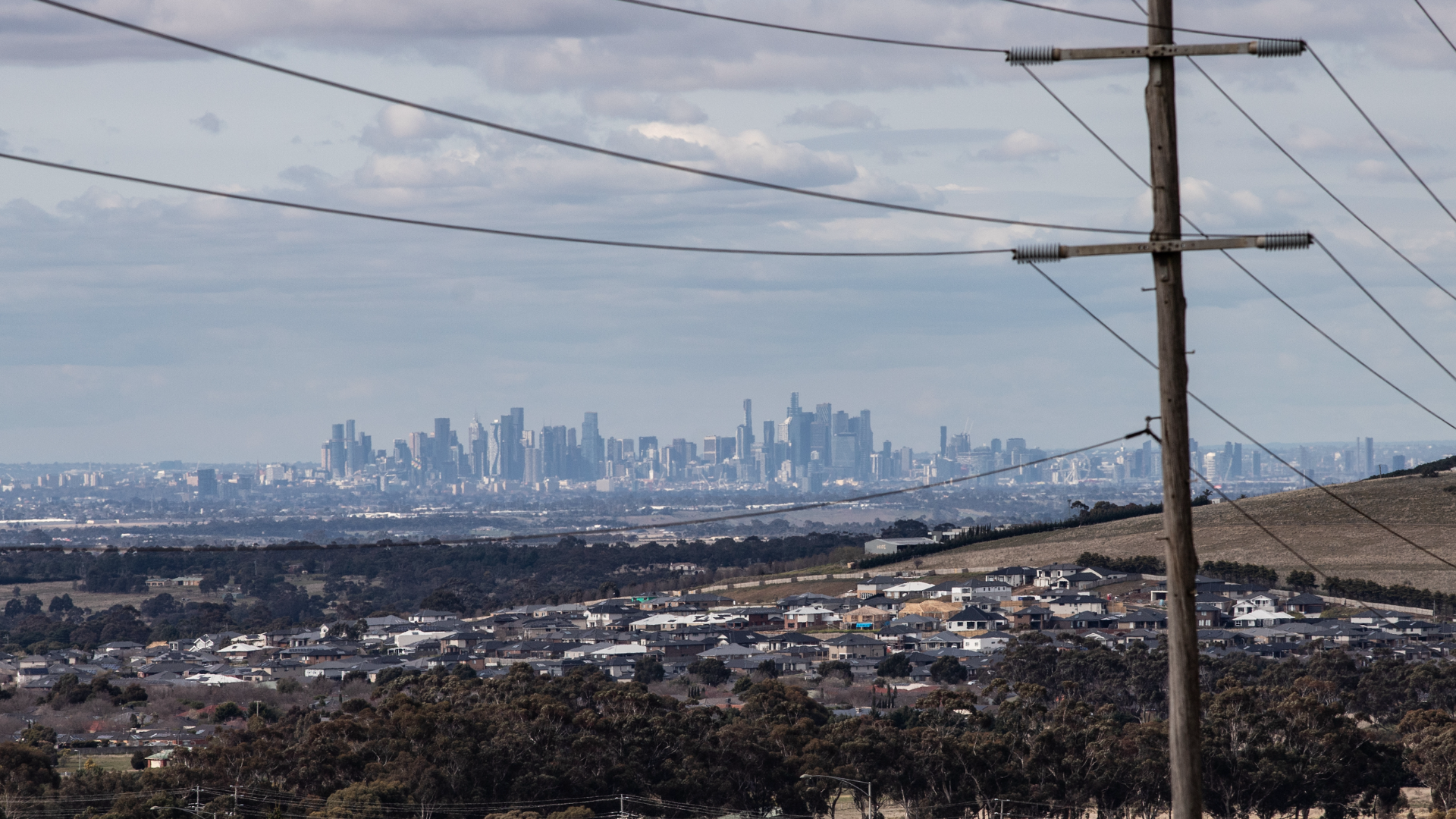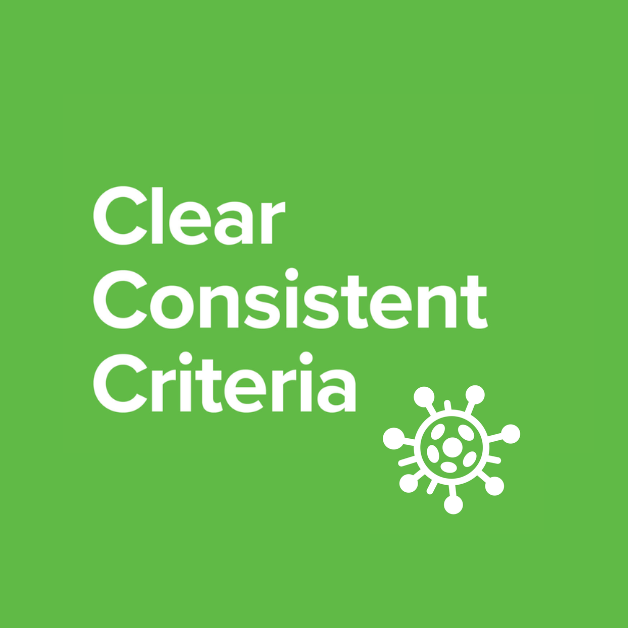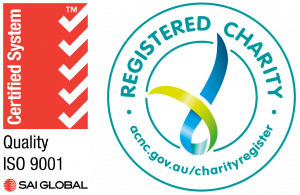
A more connected system
Pictured: From Melbourne's CBD to its outer suburbs and rural areas, NWMPHN endeavours to connect care providers through new ways of working. (Image: Leigh Henningham)
In the health care system, generalist and specialist practitioners must exchange information. To produce the best care for patients, the primary, secondary and tertiary sectors have to be able to communicate complex and time-sensitive information clearly and securely.
Whether through building multidisciplinary care teams, embedding specialists into GP consults, forming communities of practice or simply ensuring regular and accurate communications, NWMPHN is committed to strengthening the ties that bind the health system together.
downloads of our after-hours toolkit for aged care
of residential in-reach staff increased their knowledge of after-hours services
Statewide referral criteria for specialist clinics
Health services often have different referral guidelines to access specialist clinics, leading to confusion about requirements and suitability of access. NWMPHN is working with the Victorian Department of Health to drive a statewide approach to the adoption of statewide referral criteria.

Connecting mental health paediatric specialists and community services (COMPASS)
The COMPASS program is a partnership between NWMPHN, the Royal Children's Hospital and Murdoch Children's Research Institute. It comprises a multidisciplinary community of practice with a paediatric psychiatrist, a child psychiatry secondary consultation service, plus improved information sharing, referral pathways and support.
A recent paper published in the peer-reviewed science journal PLOS One showed that COMPASS is associated with improved clinician ability to manage child and adolescent mental health concerns, improved clinician wellbeing, and reduced referrals to specialised services. Experts are calling for the program to be scaled up across Australia.
Image: Shutterstock
Improving residential in-reach
NWMPHN collaborated with the Royal Melbourne Hospital, Werribee Mercy Health, Western Health, Ambulance Victoria, and the Victorian Virtual Emergency Department to design and implement a pathway to support people in residential aged care homes to access emergency and palliative care at home 24 hours a day, seven days a week.
Care finder services to help older people navigate the aged care system
Care finder services comprise a dedicated workforce to support people who require intensive support to navigate and access aged care.
NWMPHN commissions eight organisations in its catchment to deliver these services, particularly to priority populations, including culturally and linguistically diverse communities, people with disability, and Aboriginal and Torres Strait Islander communities.
Better care for kids
Our Strengthening Care for Children project concluded in September 2023. Over six years, it trialled an integrated model of care which embedded paediatricians in general practices. Evaluation shows a reduction in referrals to public hospitals and private paediatricians, improved GP and family knowledge and confidence.
Economic analysis is underway, and experts are calling for the model to be expanded.
Connecting the dots

